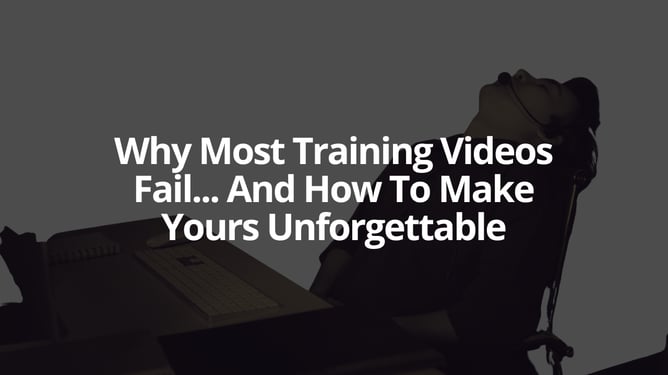Medical Communications Programmes
Let's start to build your perfect Medical Communications Programme...
Whether they’re speaking to HCPs, patients, or internal stakeholders, we make sure the message lands.


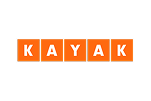
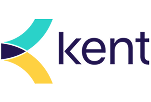
Medical Communications Programmes
Clarity, Confidence, and Compliance in Every Conversation
That’s where we come in.
Our Medical Communications programmes are built around your people, your challenges, and your world - with practical tools and strategies they can use right away.
We’ve been working in healthcare since day one, so we understand your unique world - and we know how to help your teams communicate with clarity, confidence, and compliance.
We cover areas like:
- Professional Medical Communications
- Storytelling with Data
- Facilitating Advisory Boards
- Medical Congress Training
- Professional Clinical Presentations
- Effective Virtual Engagements
Featured Testimonial

Excellent 2 days which felt inclusive to all, creating a healthy learning environment.
why Excel?
Why Our Clients Choose Us for Medical Communications
Our clients choose us because we combine deep industry knowledge with practical communication strategies. We understand the unique demands of medical communications and provide training that is both relevant and immediately applicable. Our programmes are designed to enhance your team's ability to communicate effectively, build trust, and drive meaningful engagement across all stakeholders.
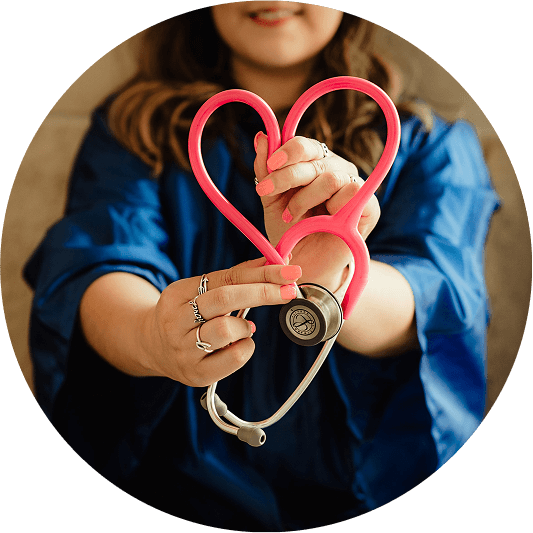
what you’ll experience
Clear, Compliant Messaging
We help your teams communicate complex data in a way that’s both scientifically accurate and aligned with regulatory standards.
Tailored to Scientific Audiences
Programmes are designed for medical affairs, MSLs, R&D, and other specialist teams - focusing on the real conversations they’re having every day.
Balancing Empathy and Evidence
We build confidence in sharing sensitive information clearly and compassionately — whether with patients, HCPs, or peers.
Application-Ready Tools
Participants leave with frameworks, techniques, and language they can immediately use to improve clarity, credibility, and engagement.
Excel your way
More Than Training.
A Full Learning Partner.
At Excel Communications, we don’t just deliver workshops - we co-create learning journeys that fit your people, your goals, and your way of working.
From learning design to fully supported global delivery, video production to programme evaluation - we’ve got you covered.
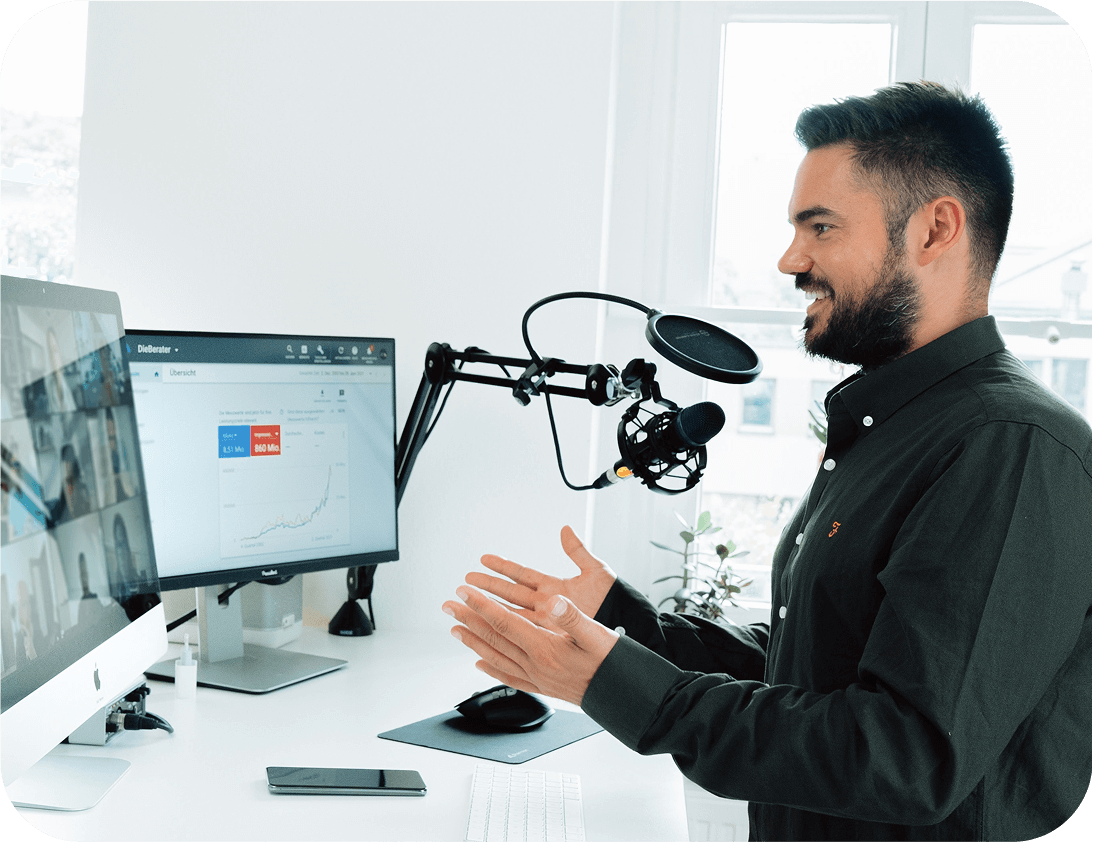
Some Inspiration From Our Clients

.png?width=200&height=68&name=Untitled%20design%20(17).png)
Best workshop I have ever been on, challenging, uncomfortable & rewarding! Fantastic course, most valuable 2 days I have been on in a long time.
Grant Harris
Area Sales Manager
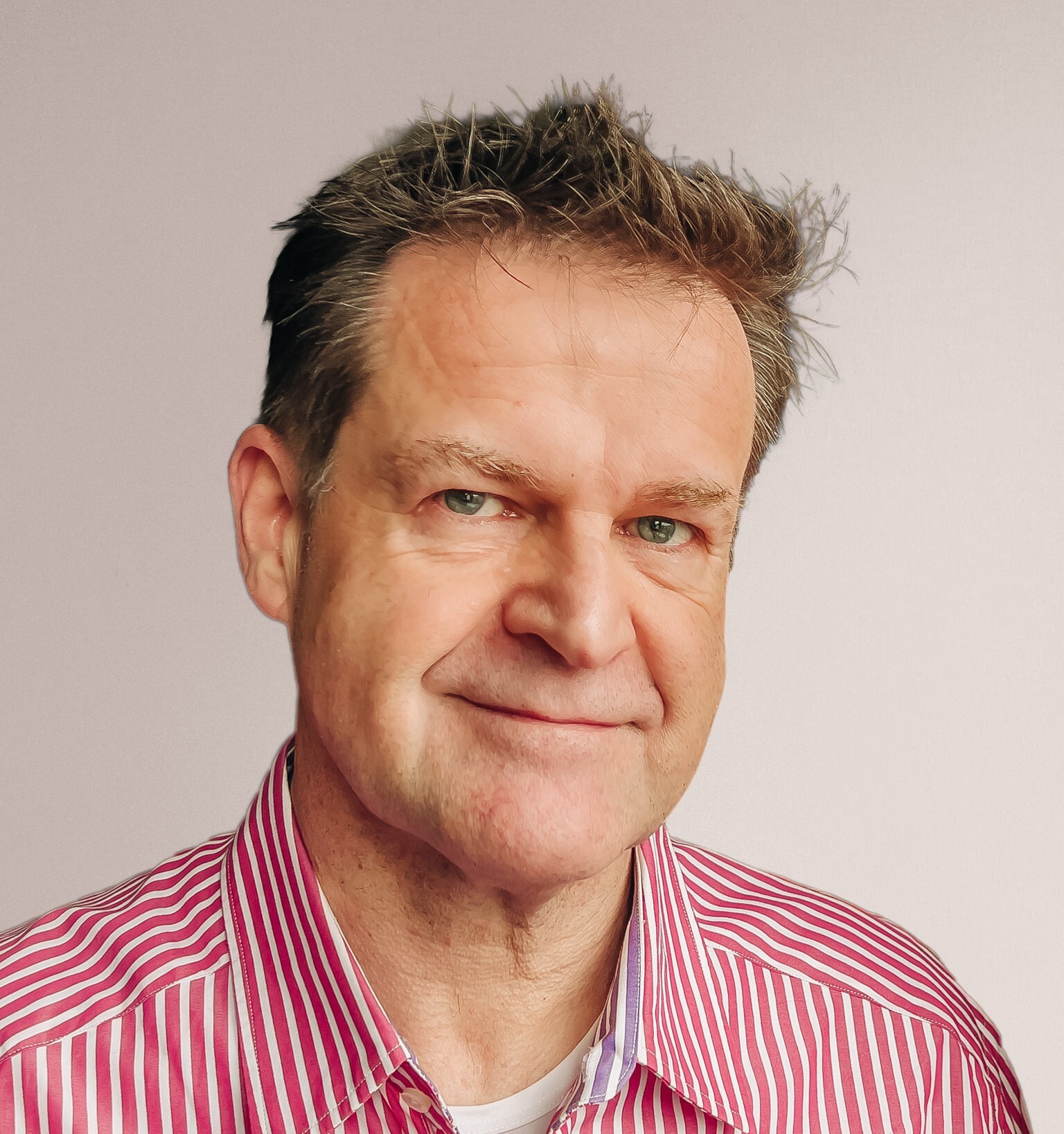
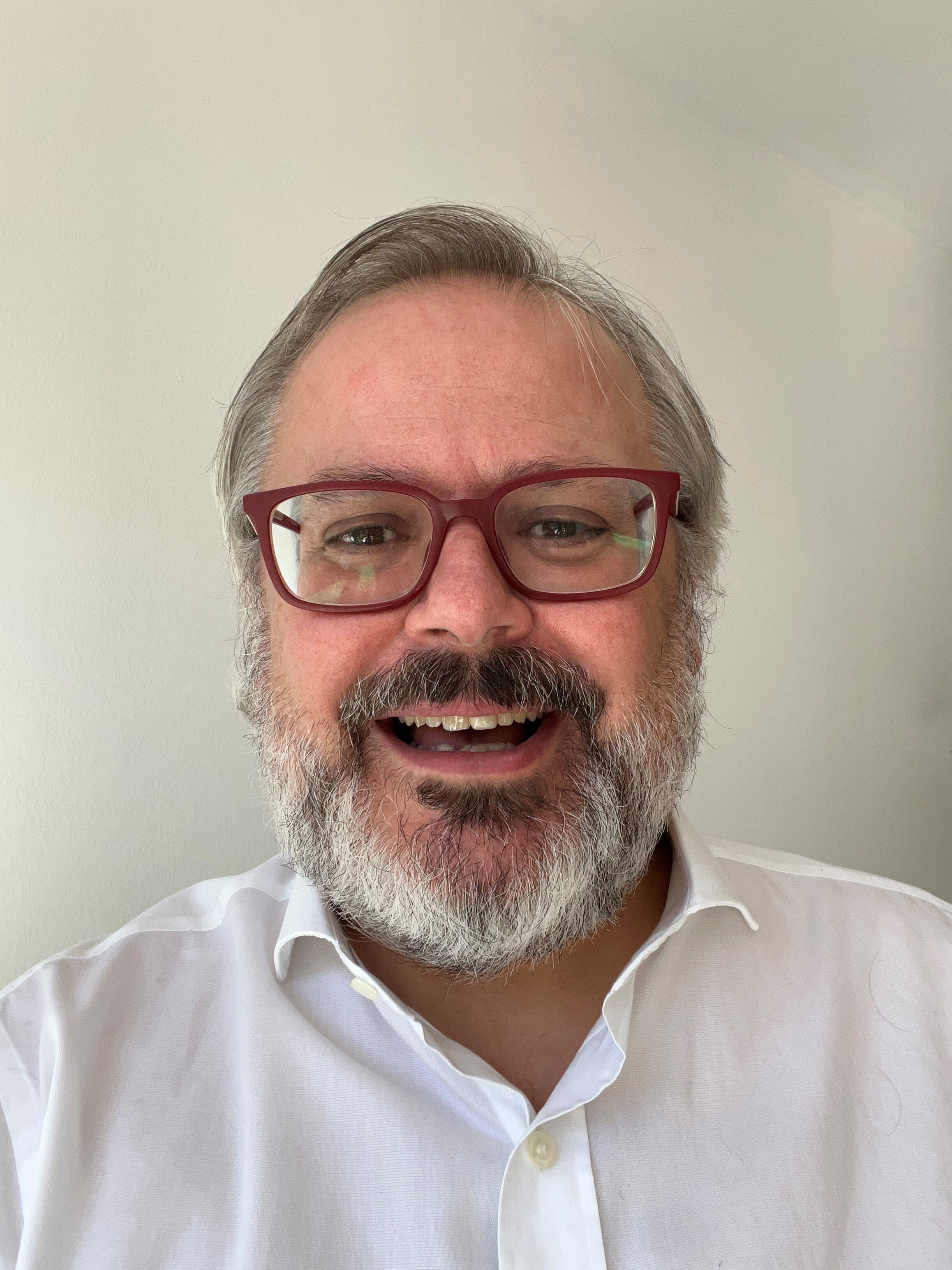



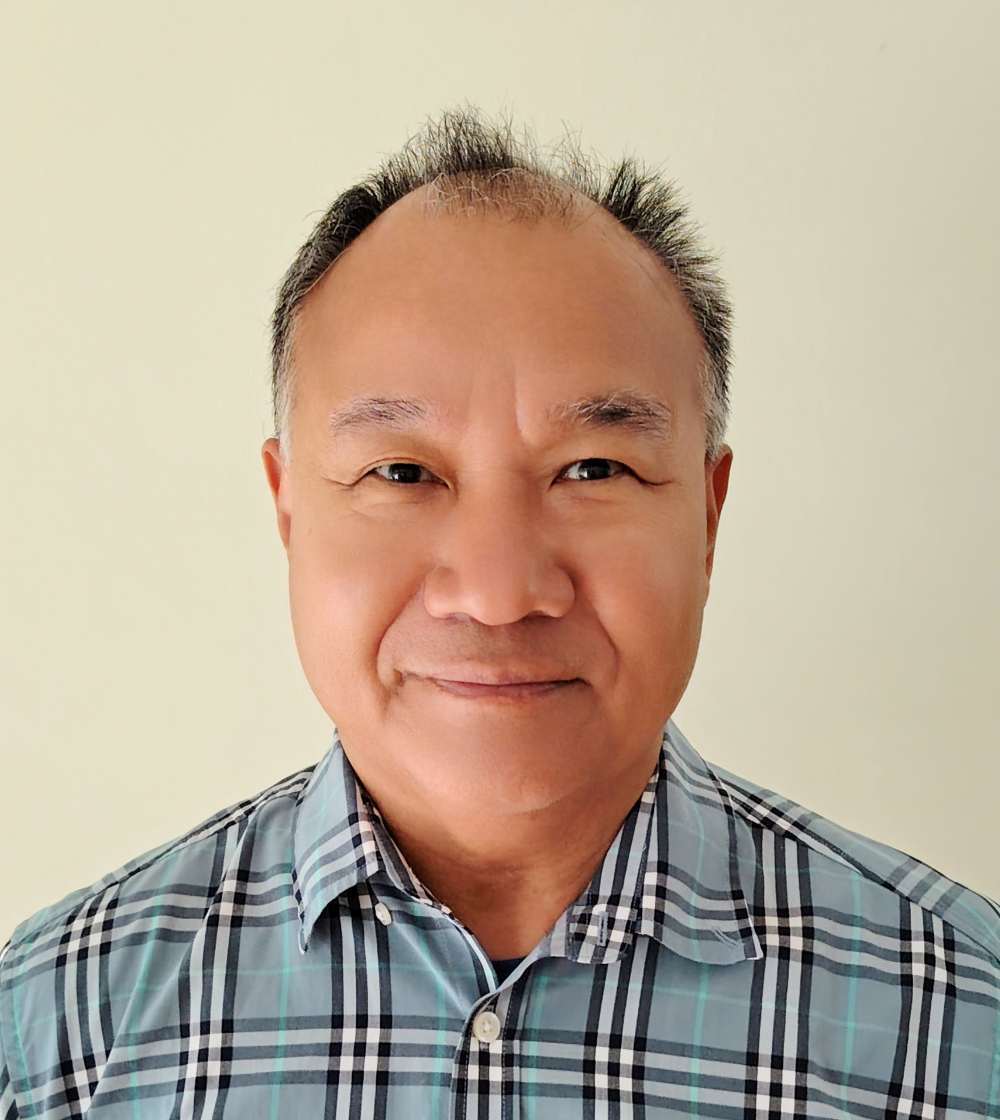
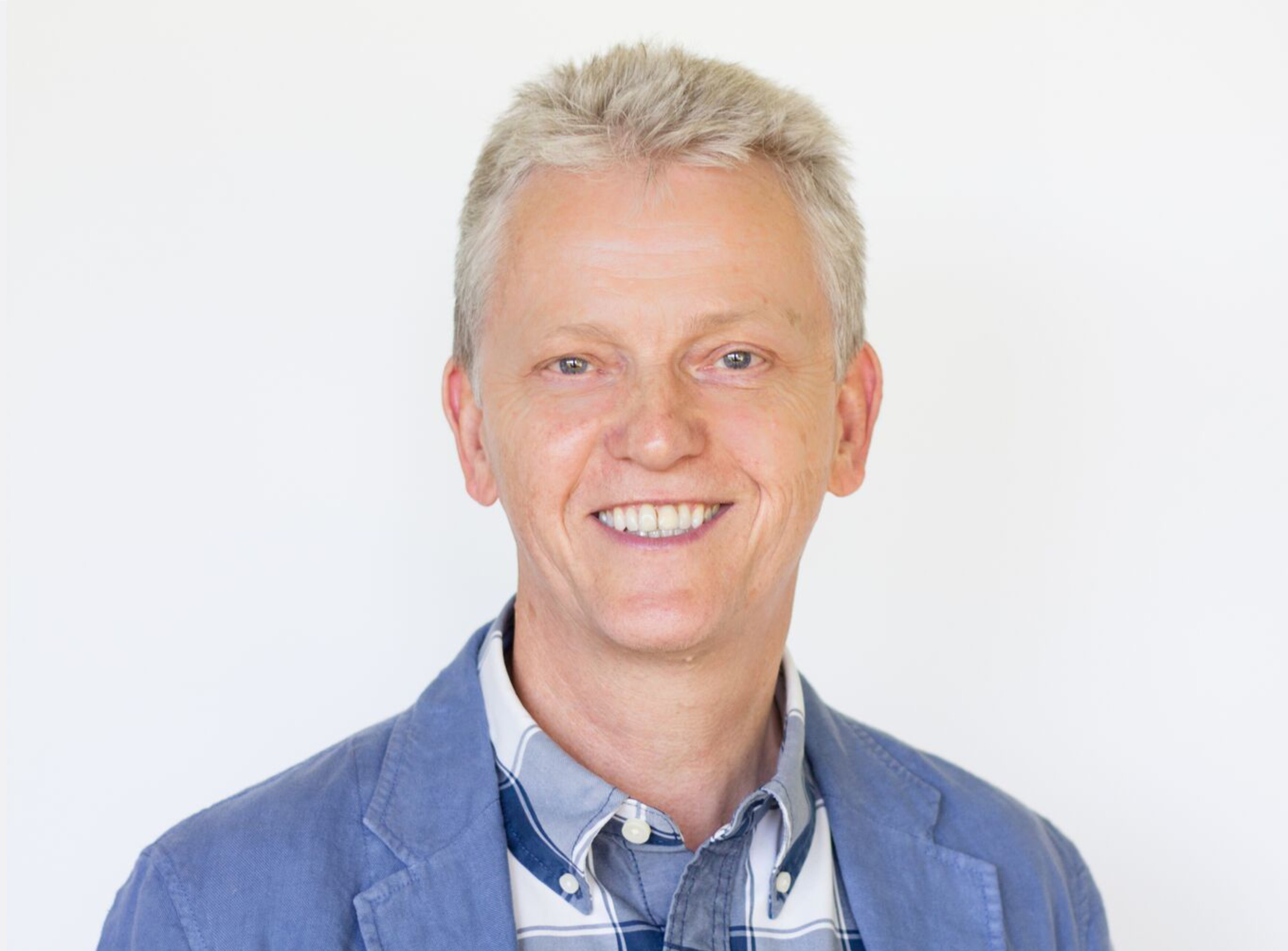


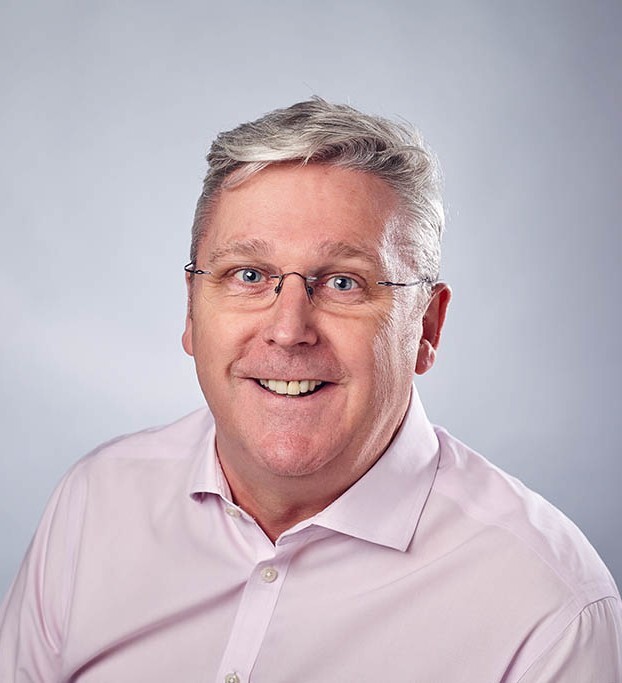
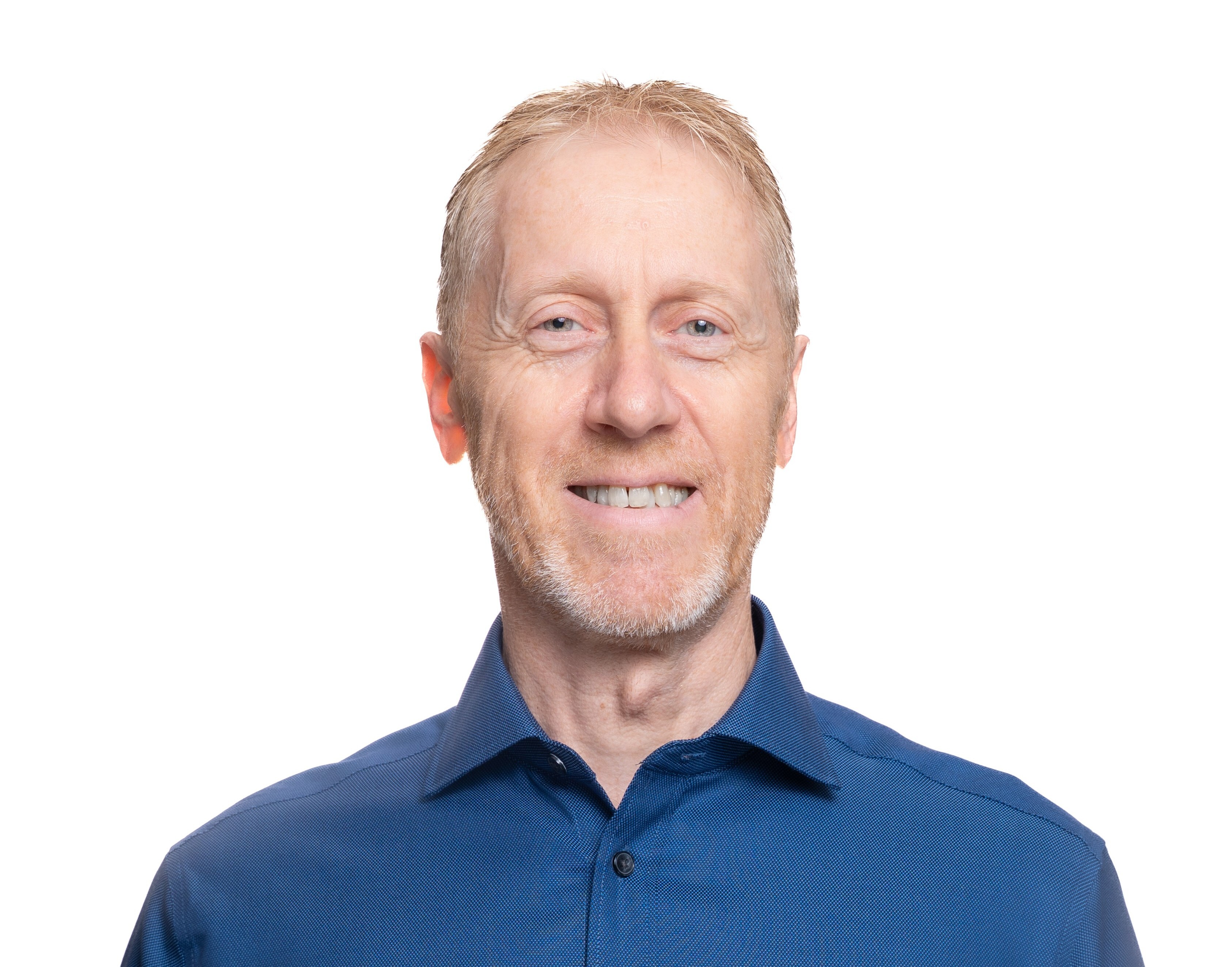
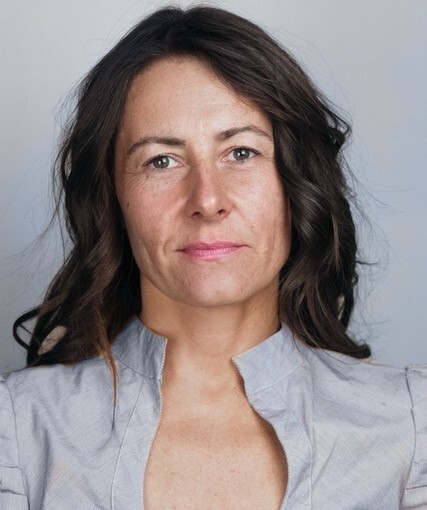
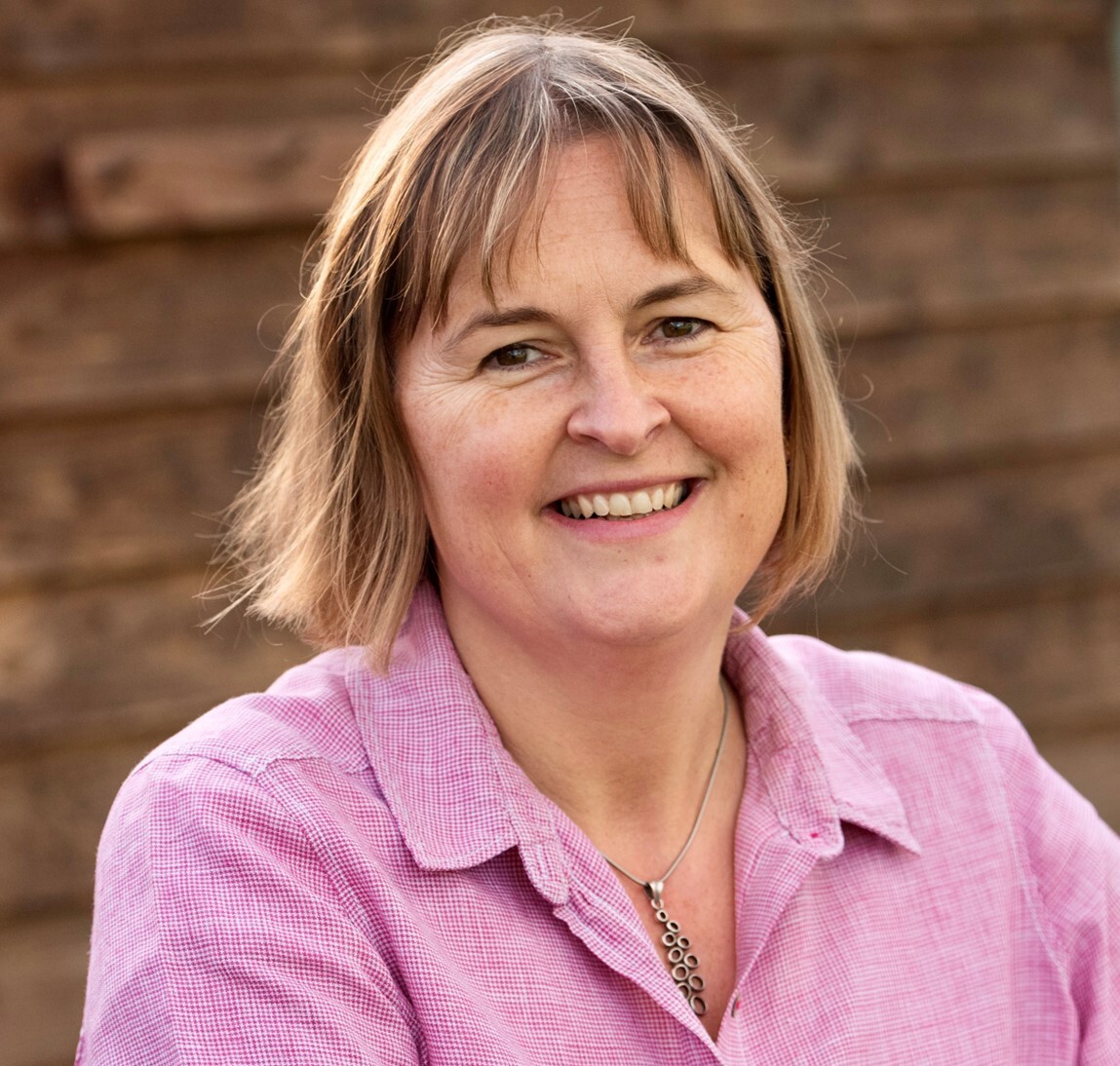
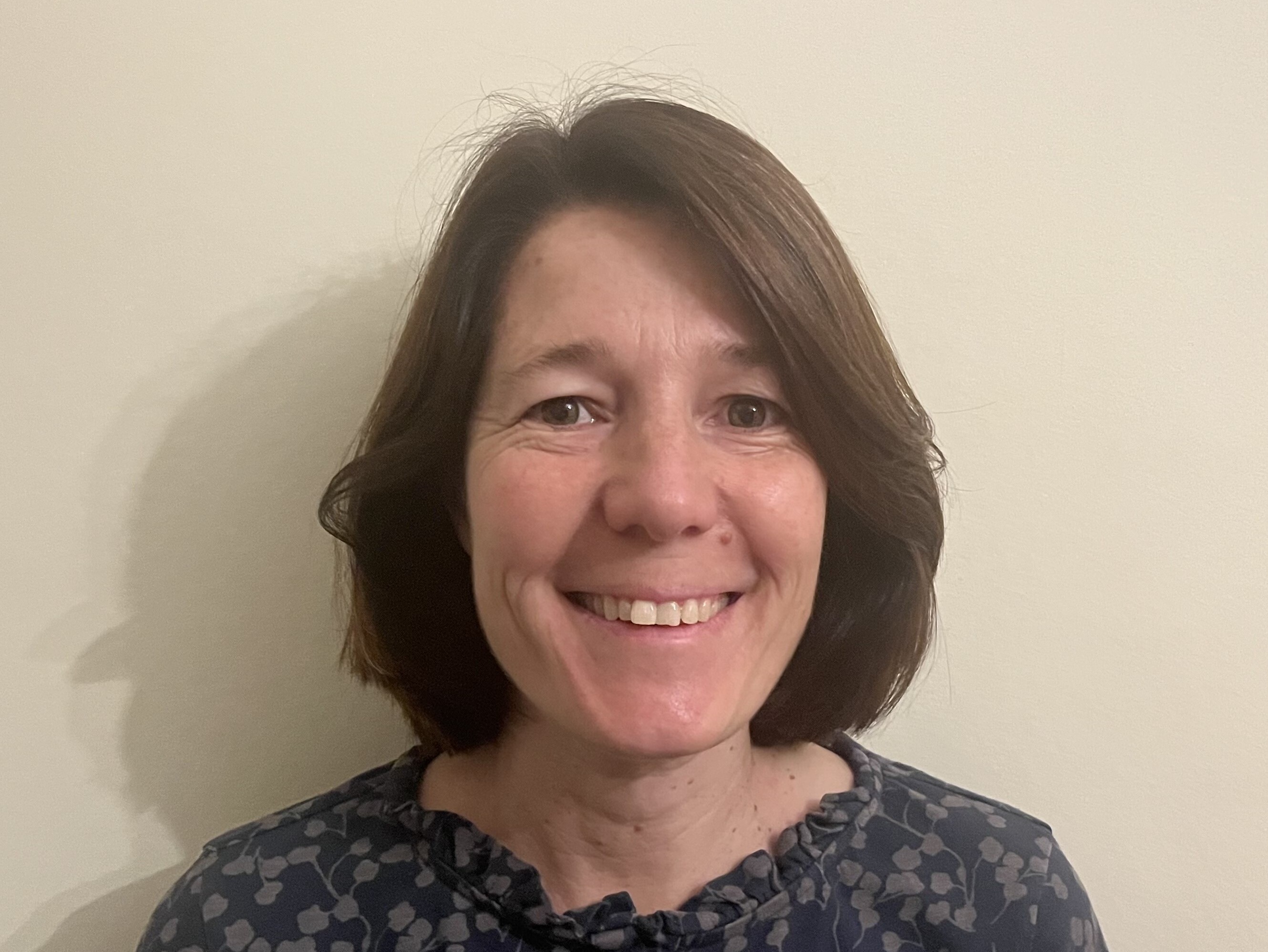
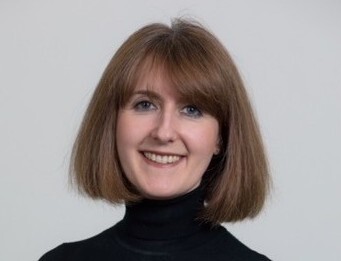
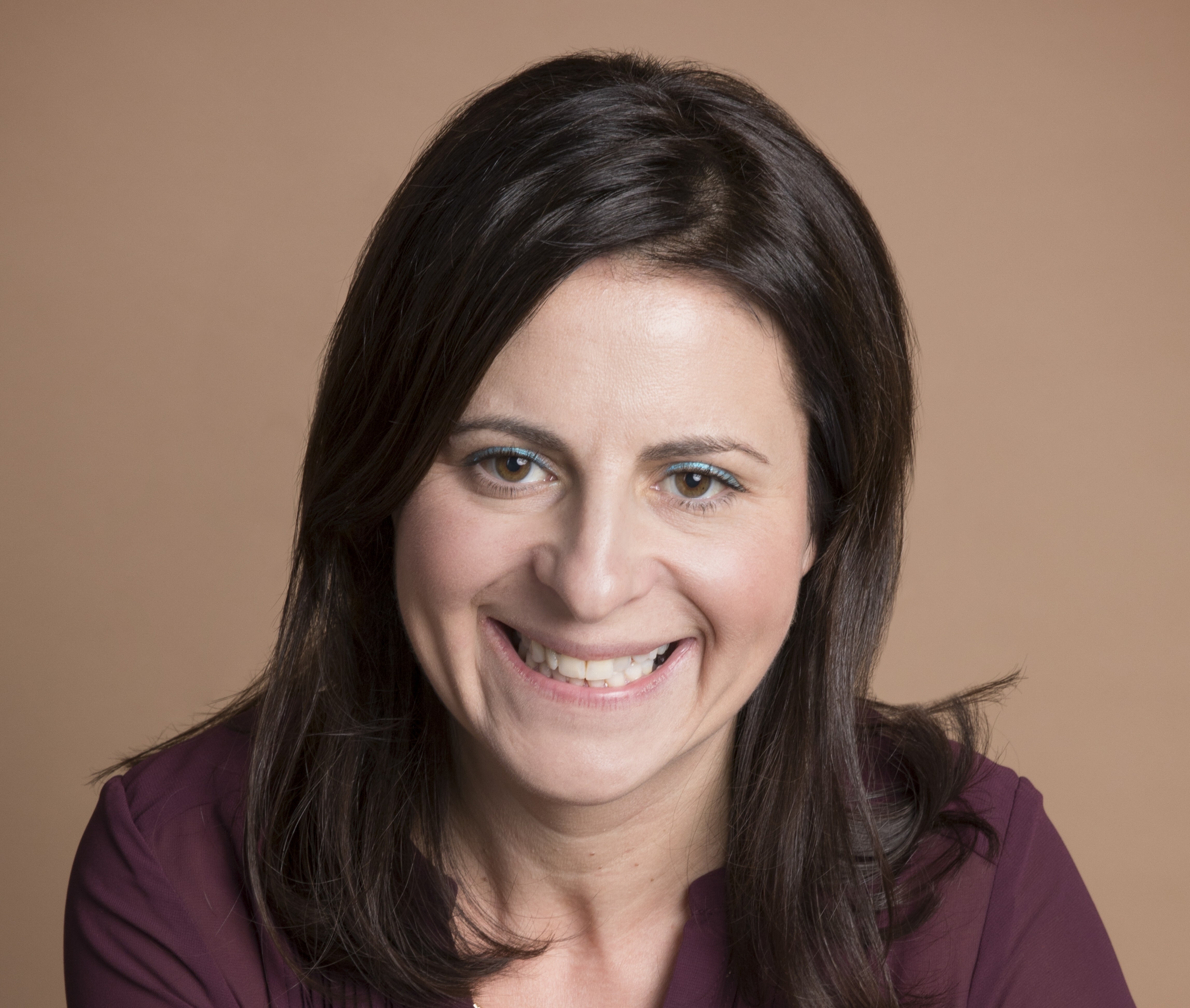

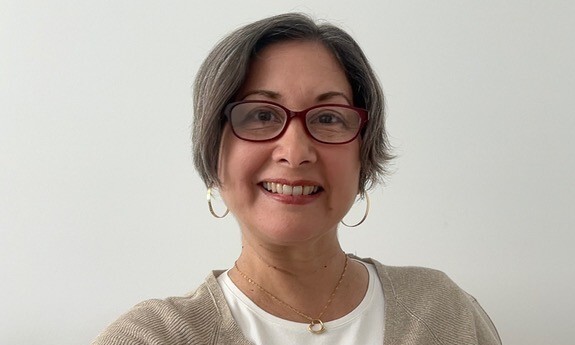
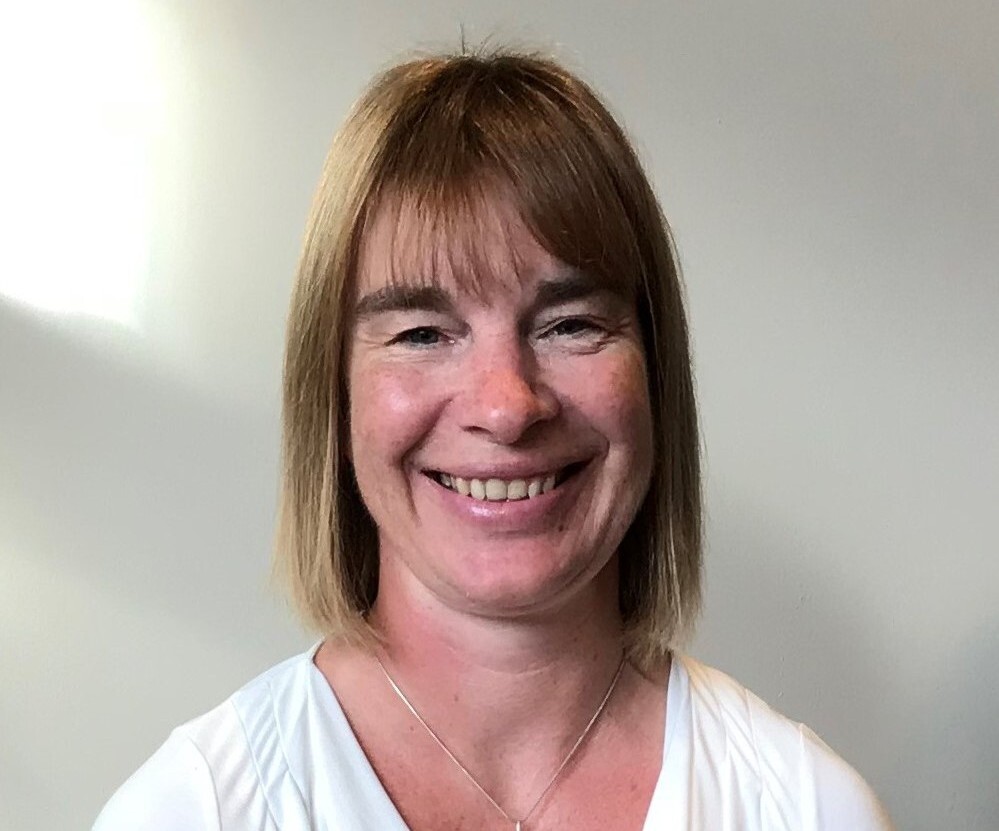
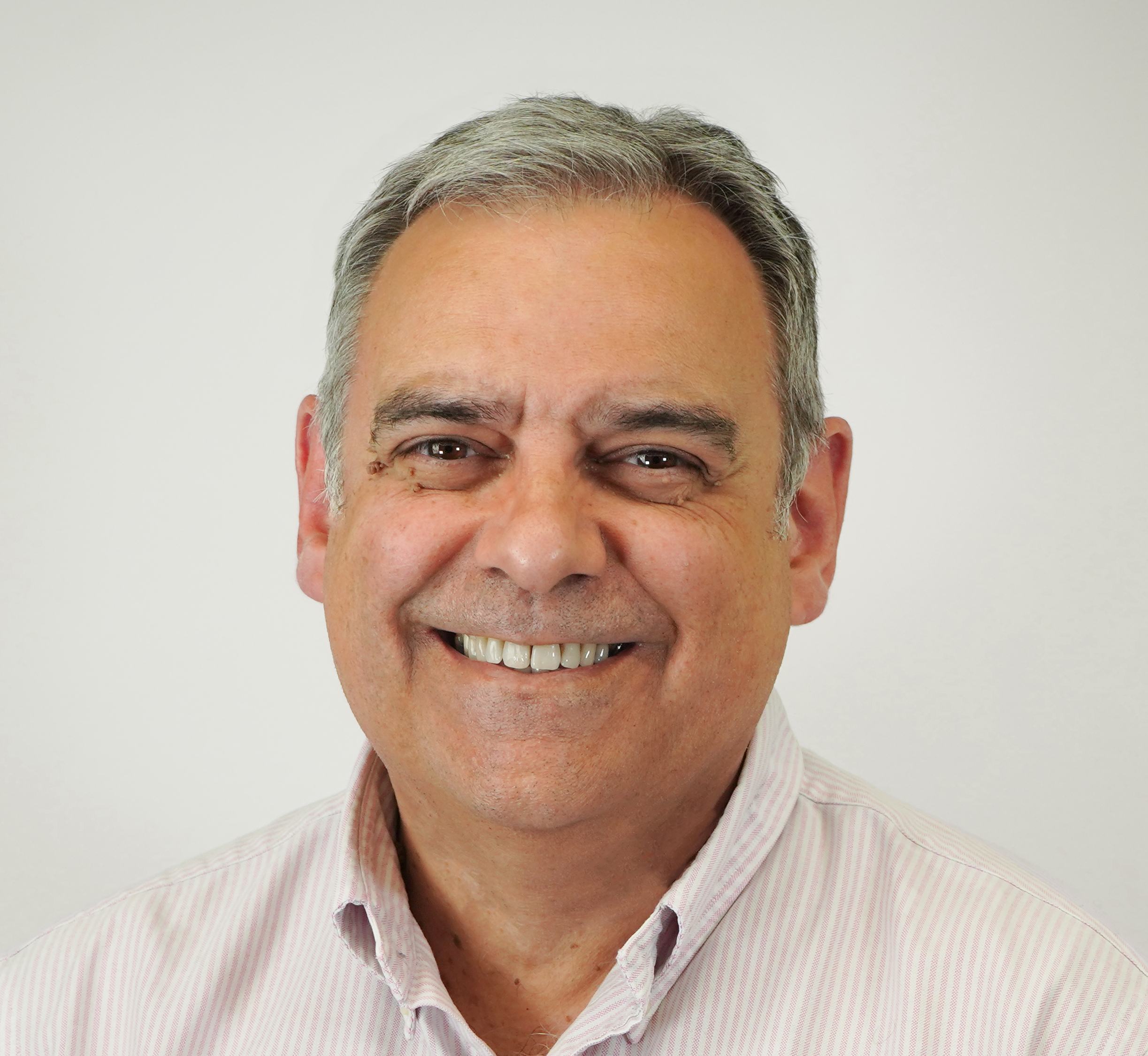
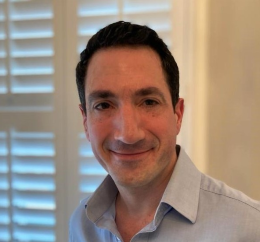
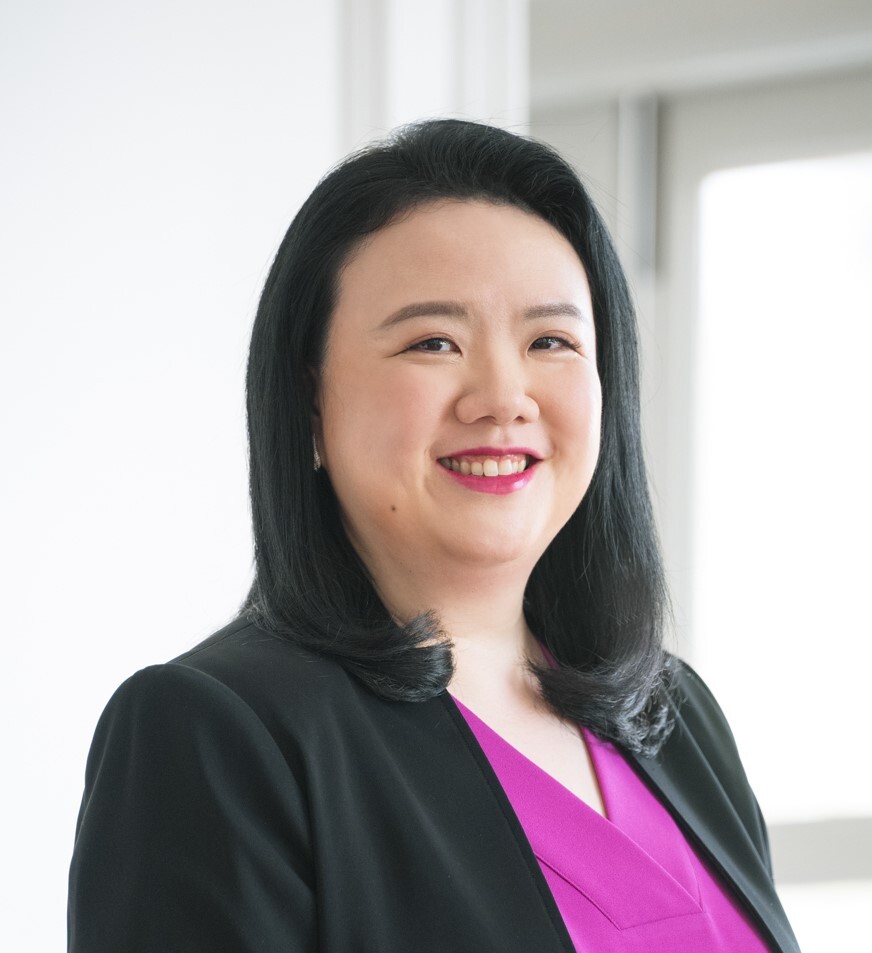
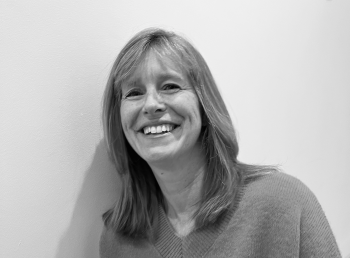
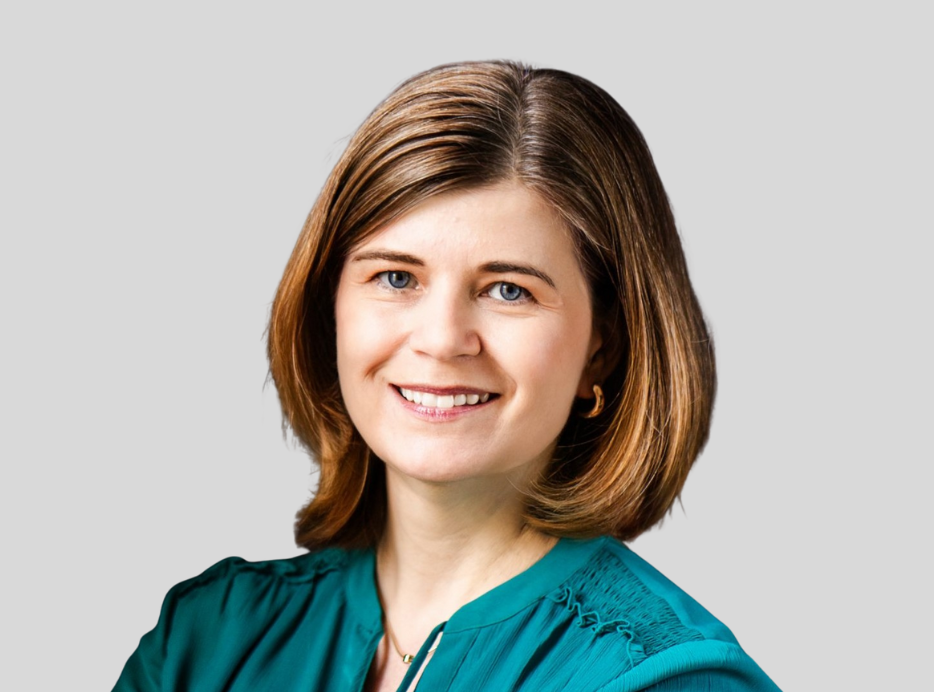

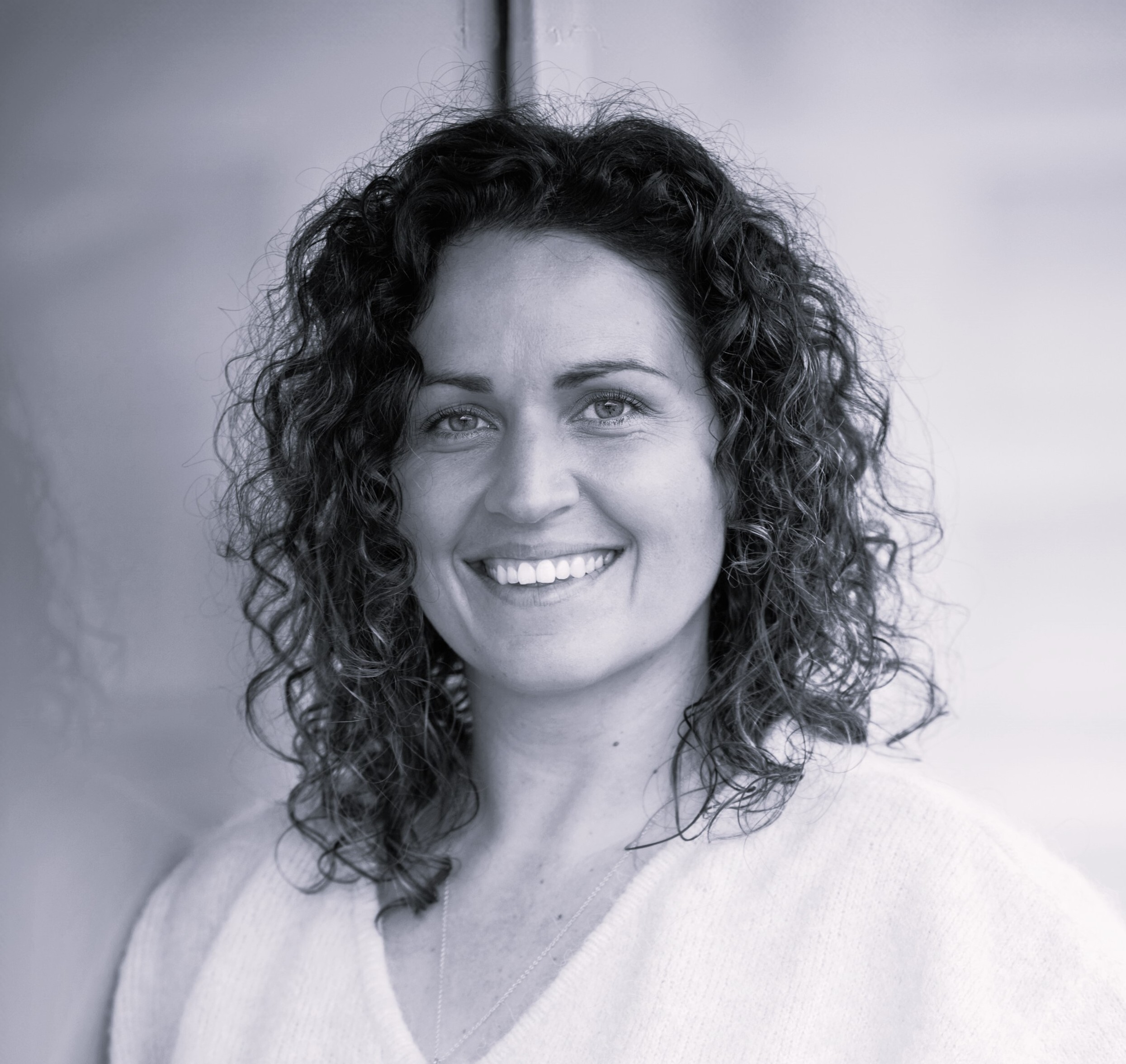

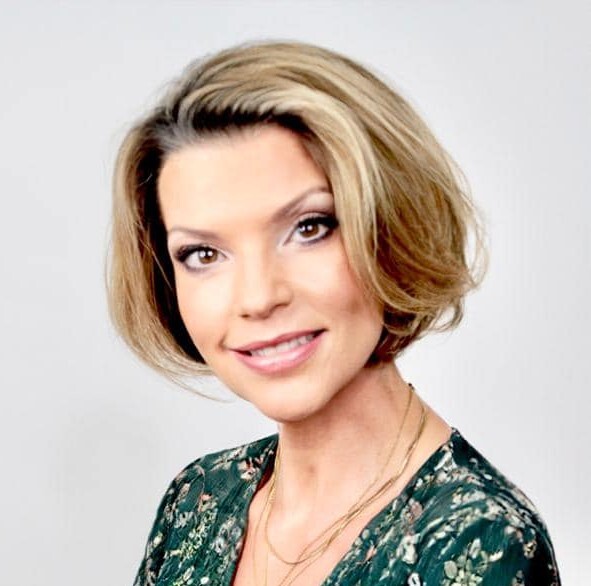
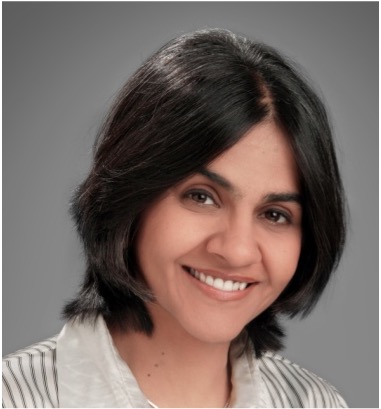

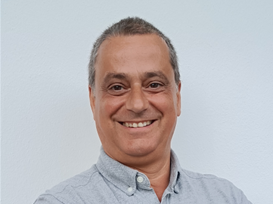
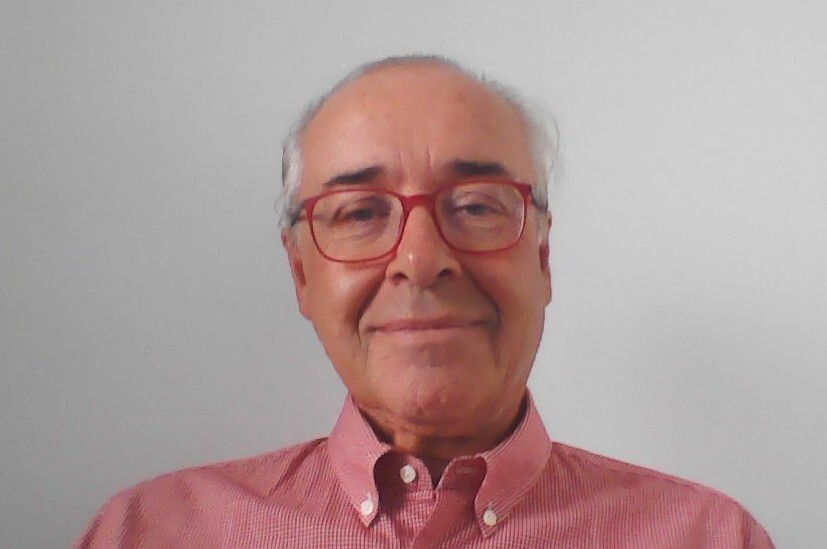
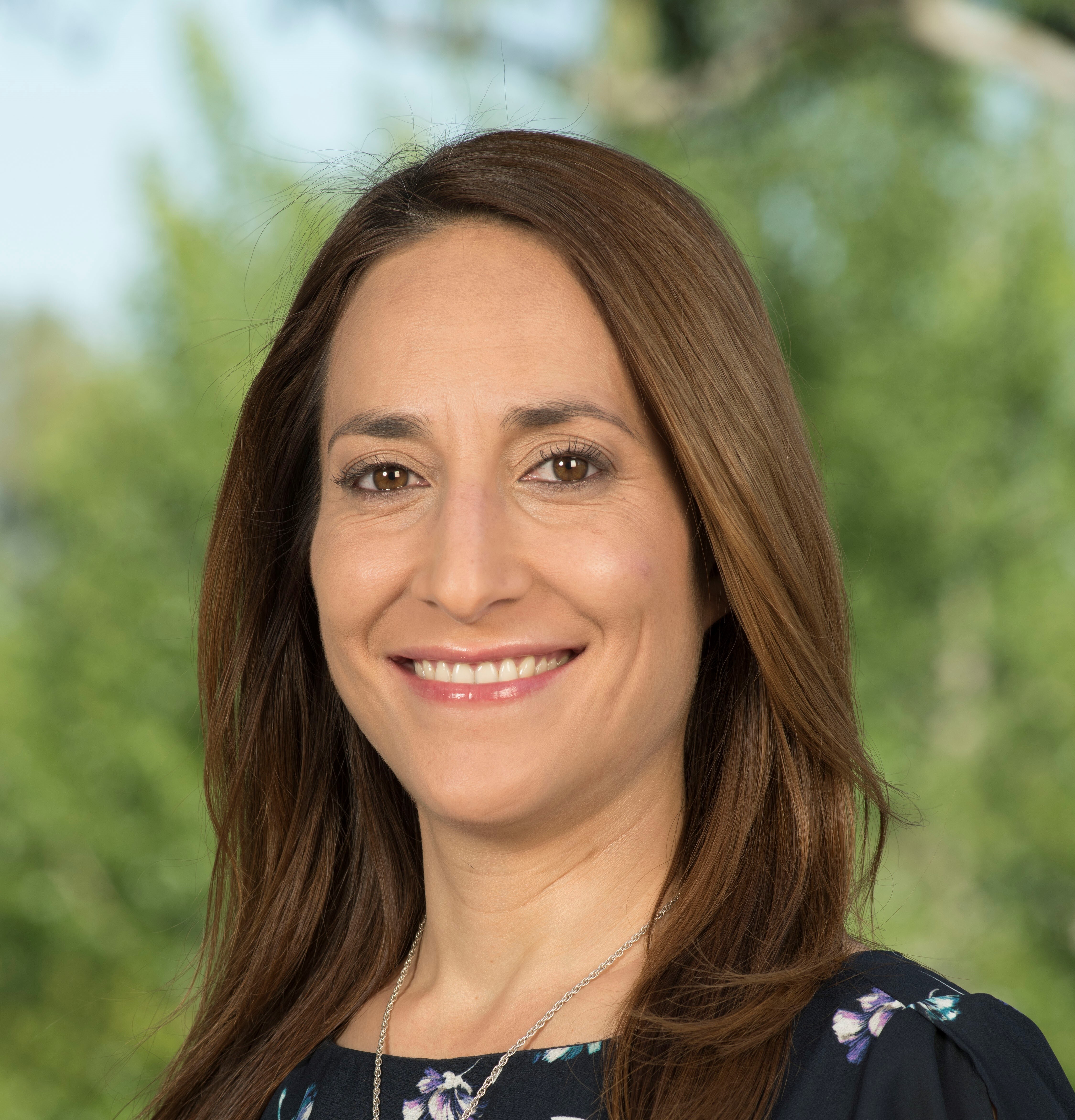

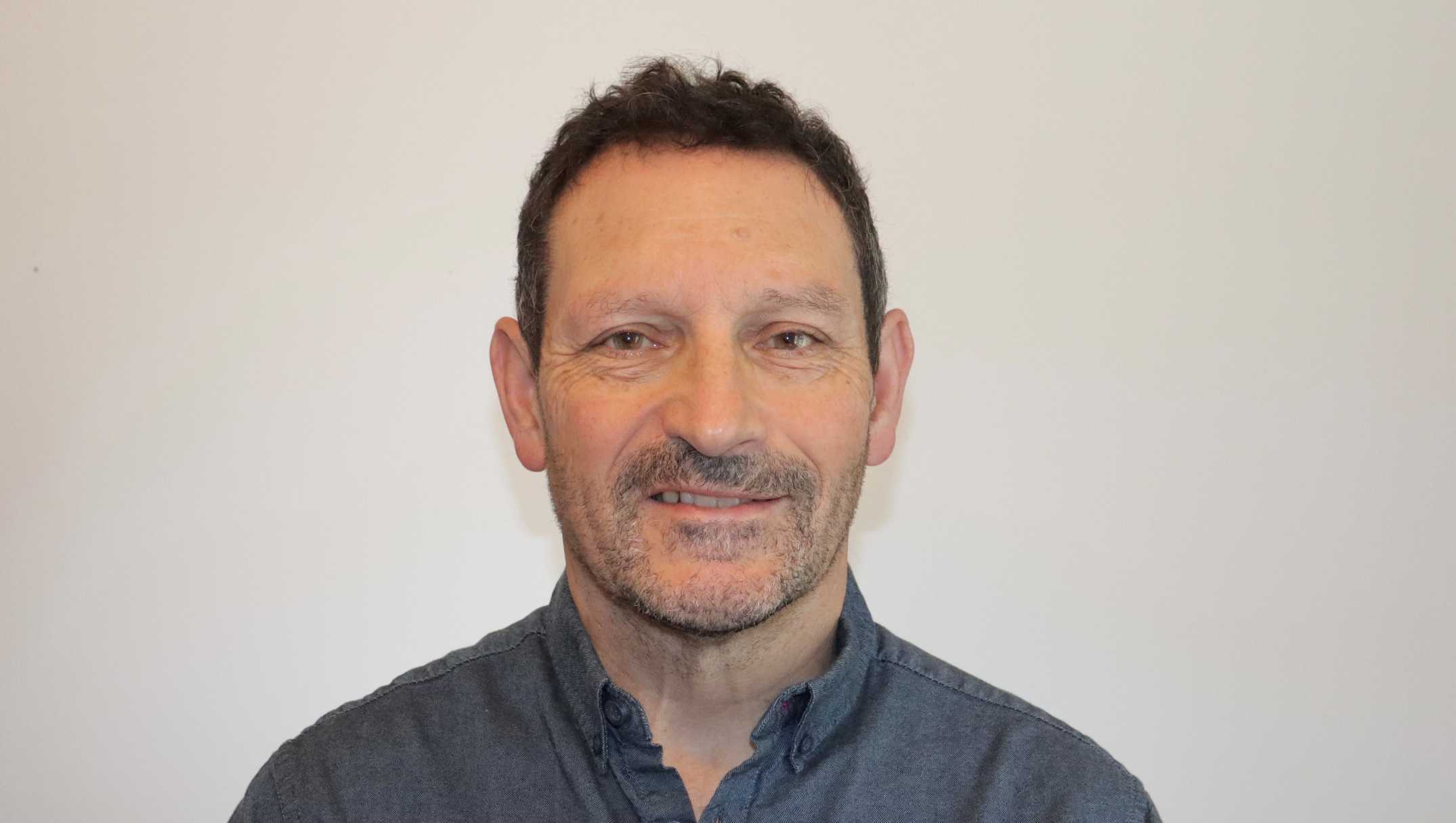

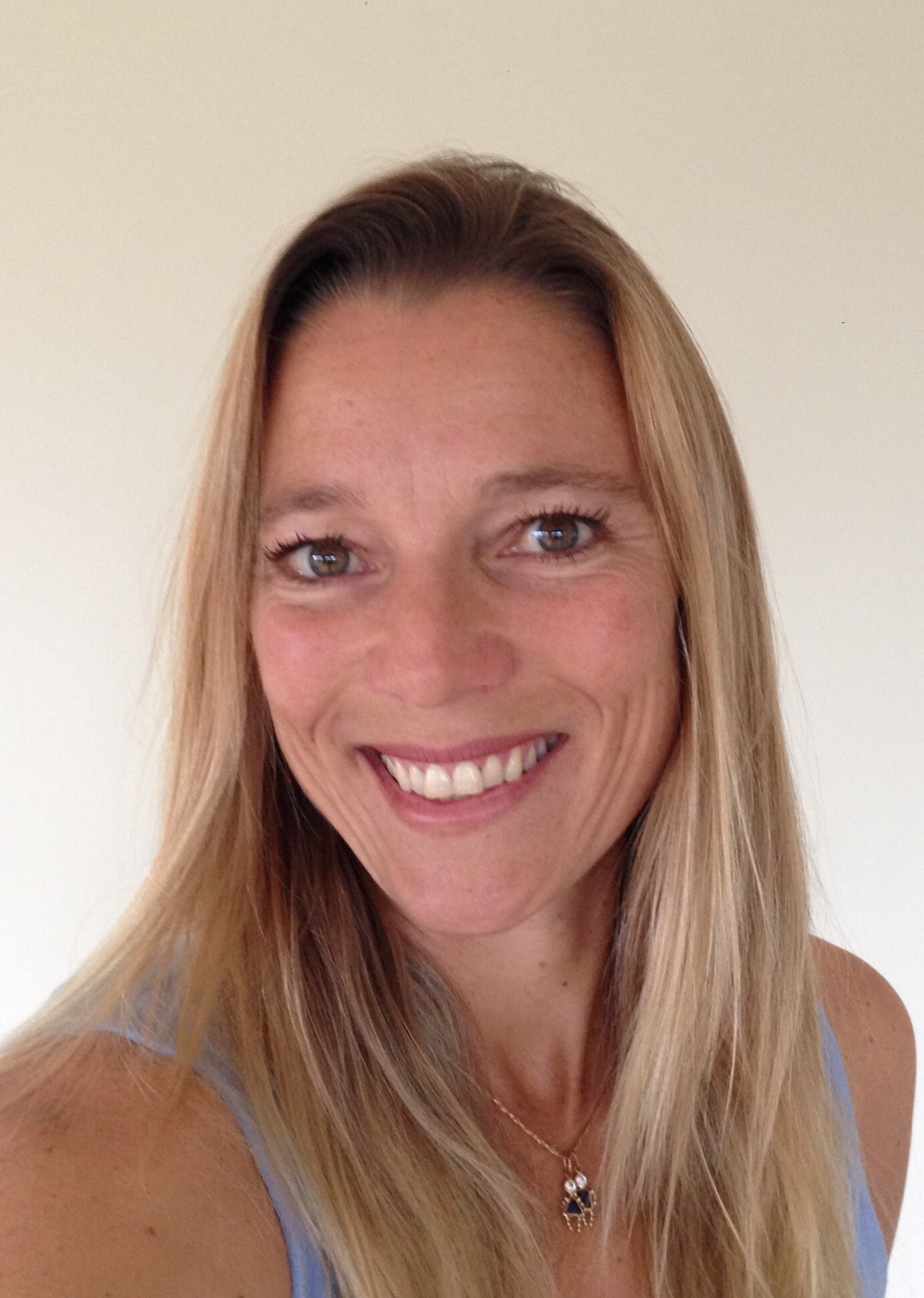
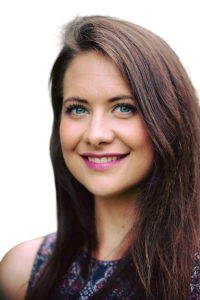
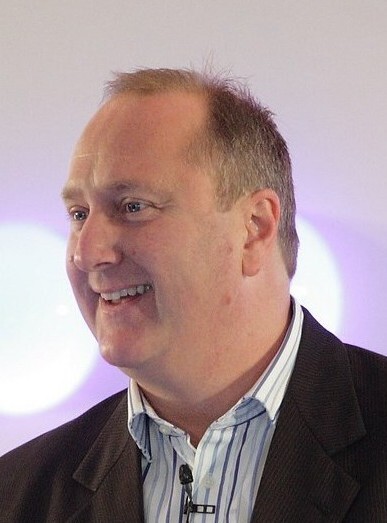

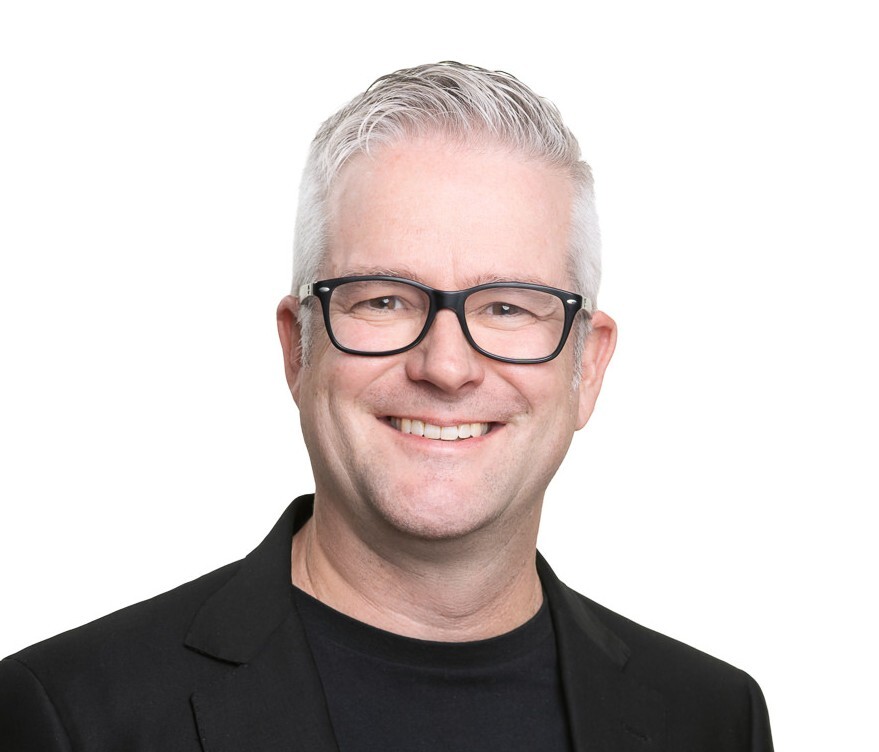
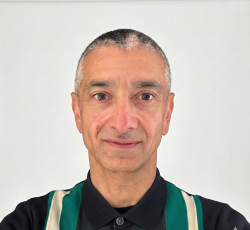
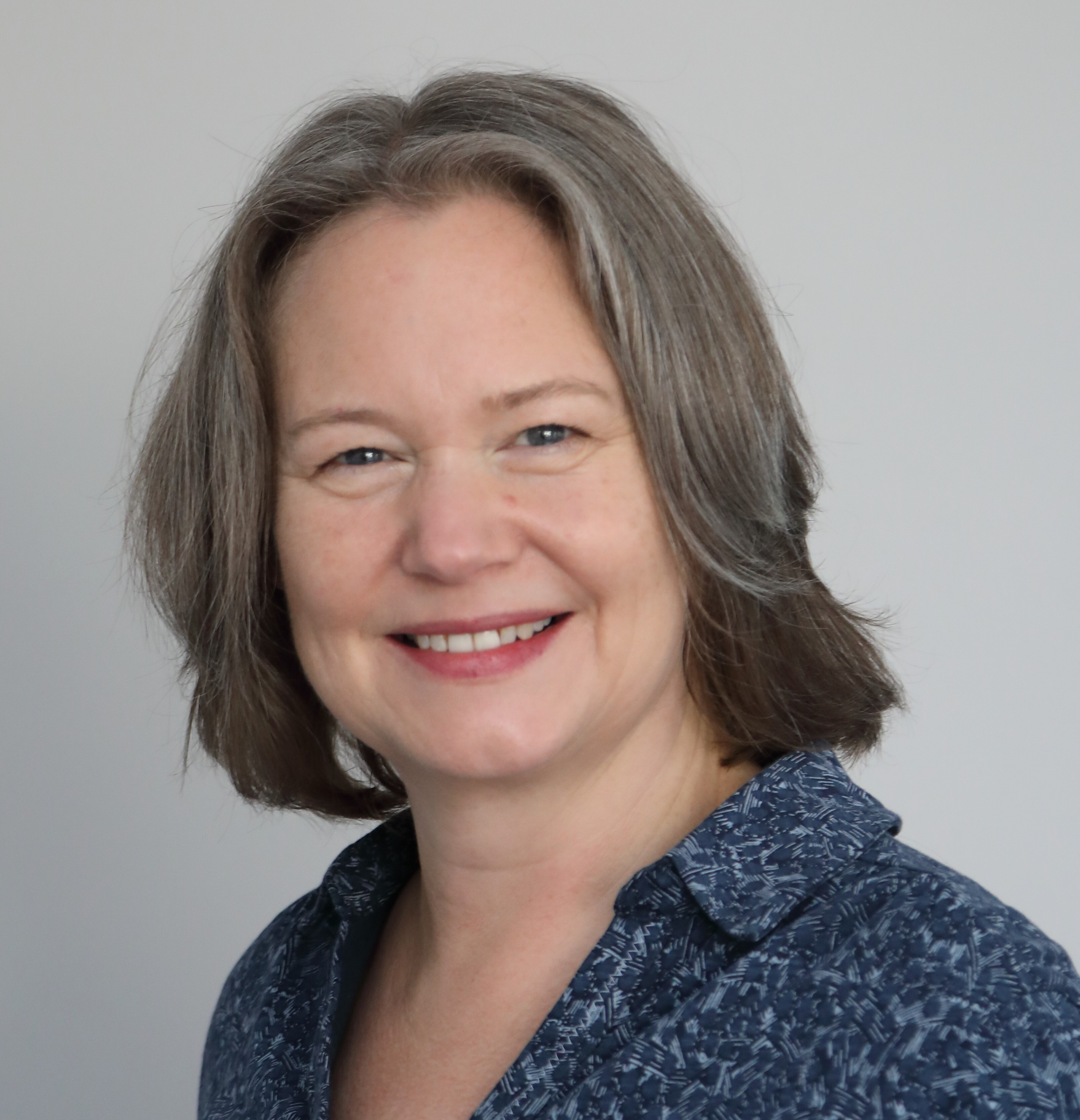
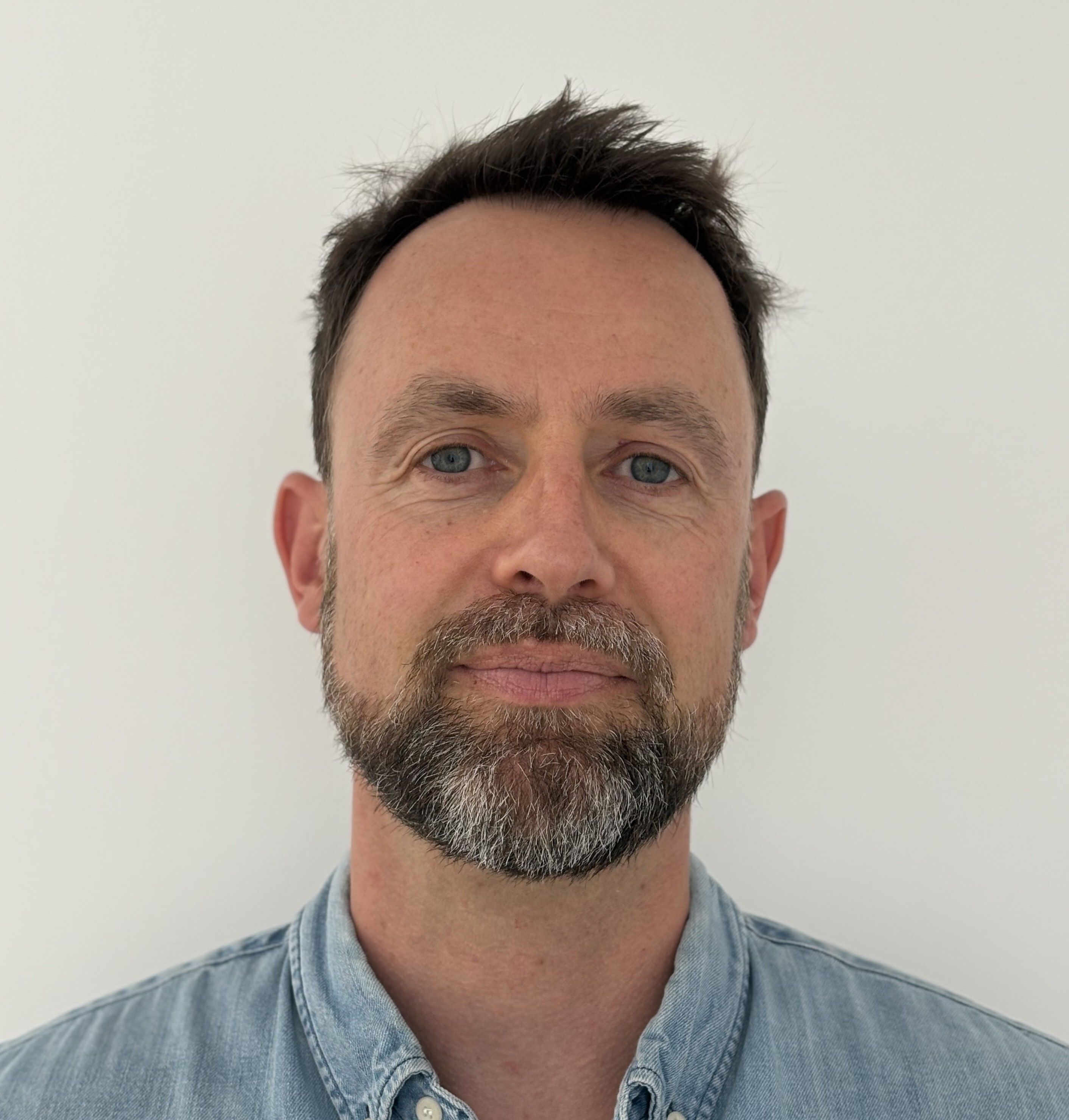
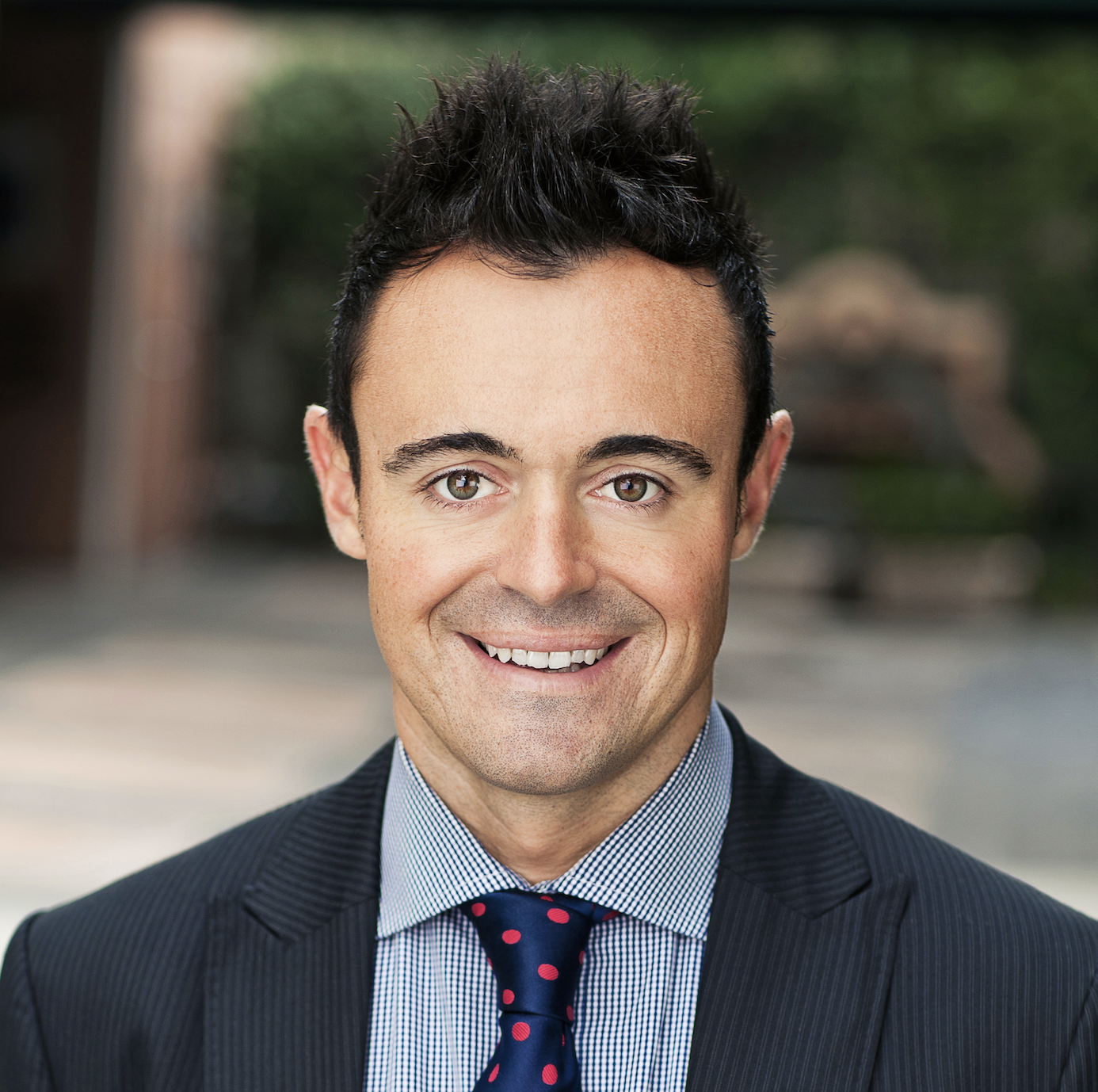
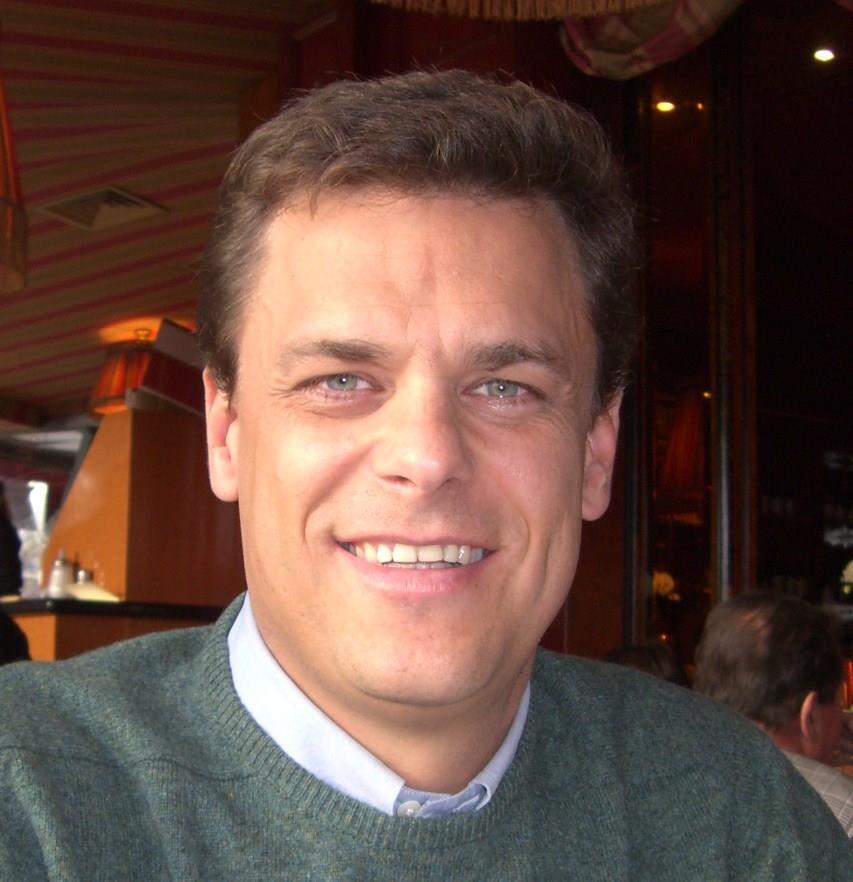

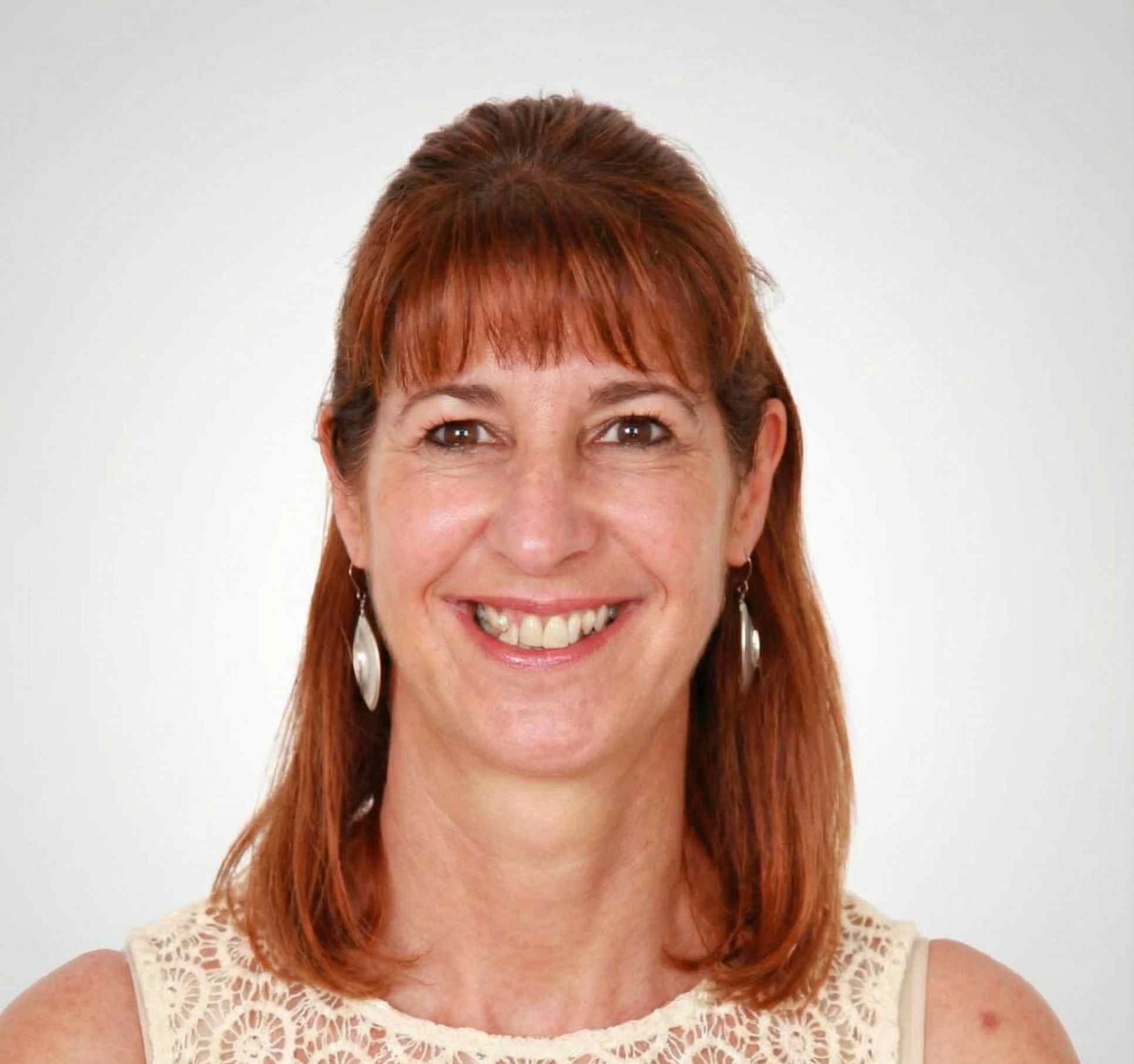


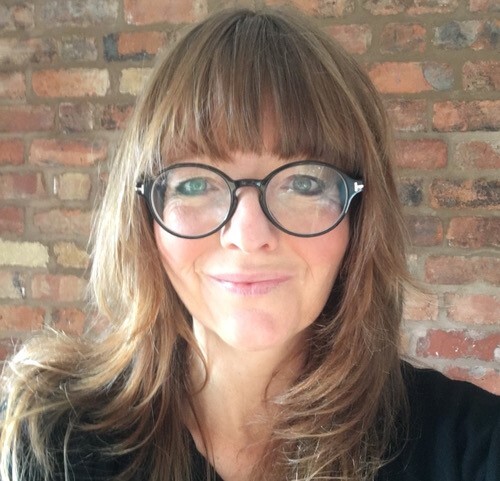

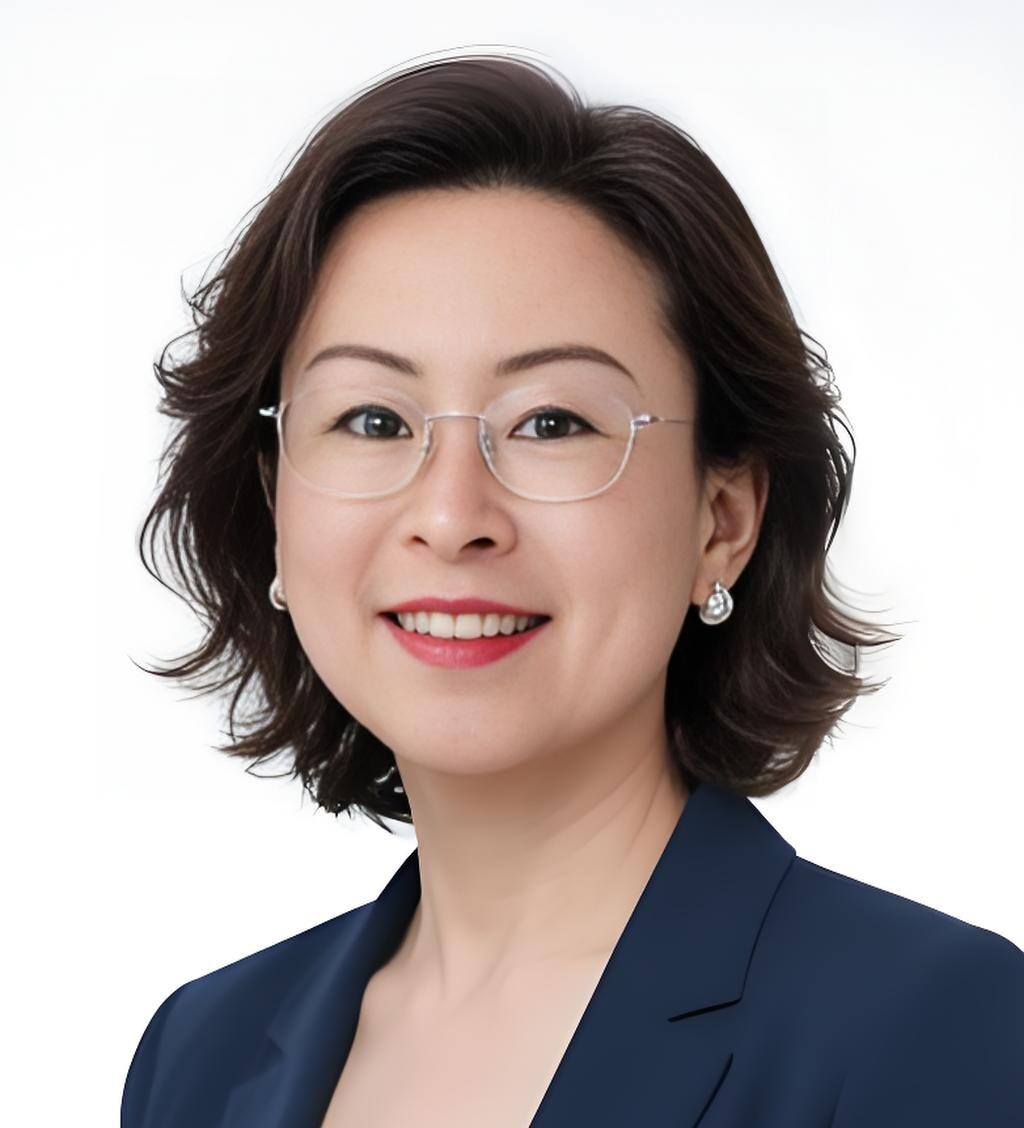

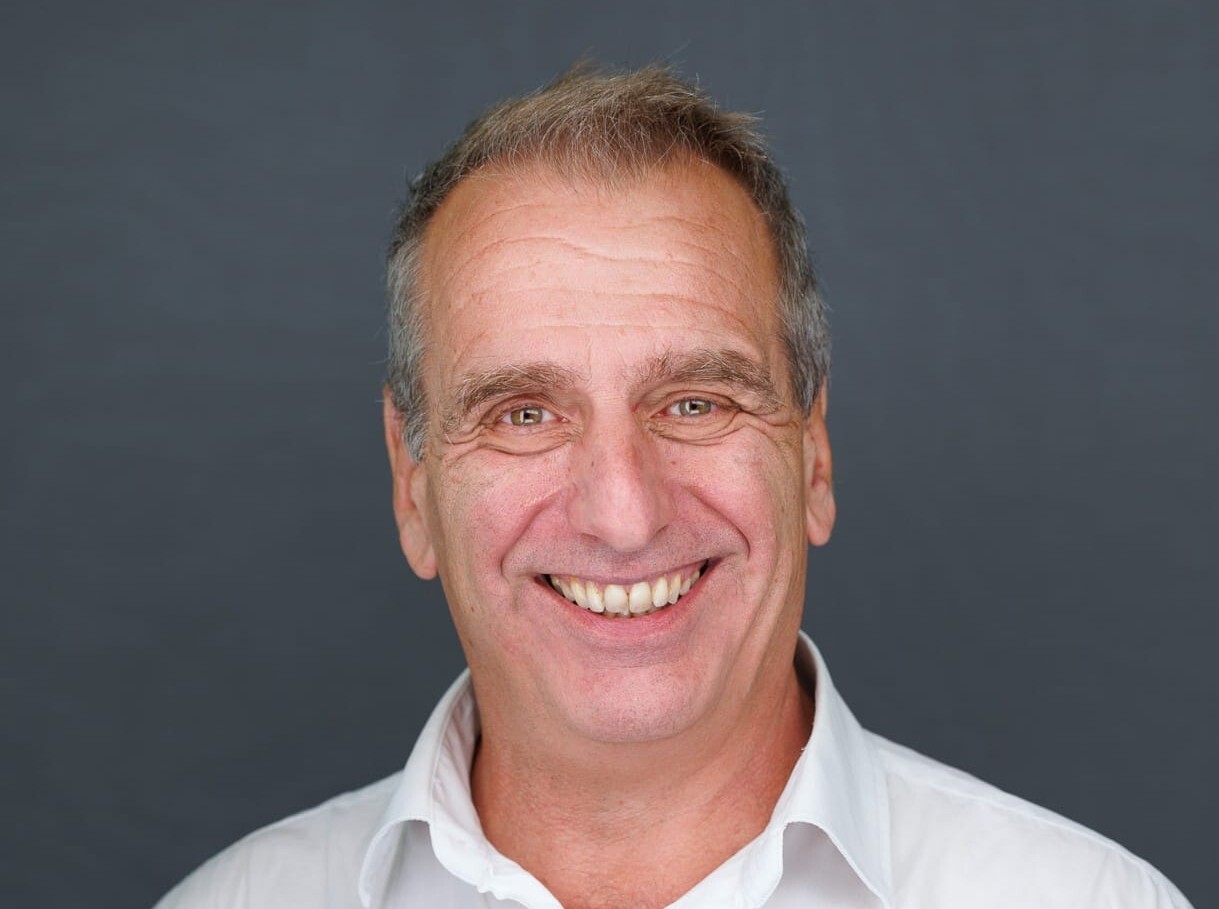
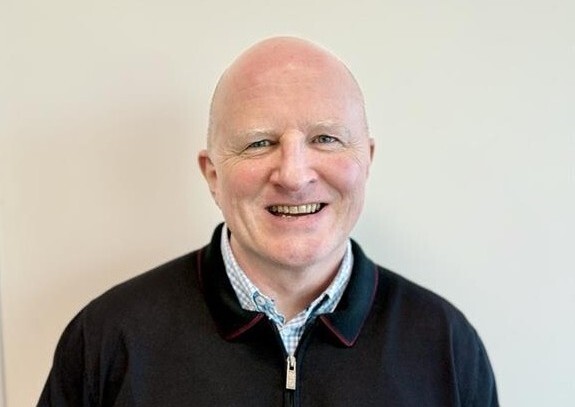
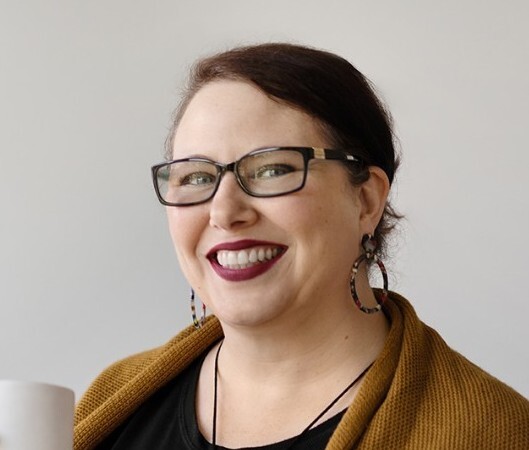
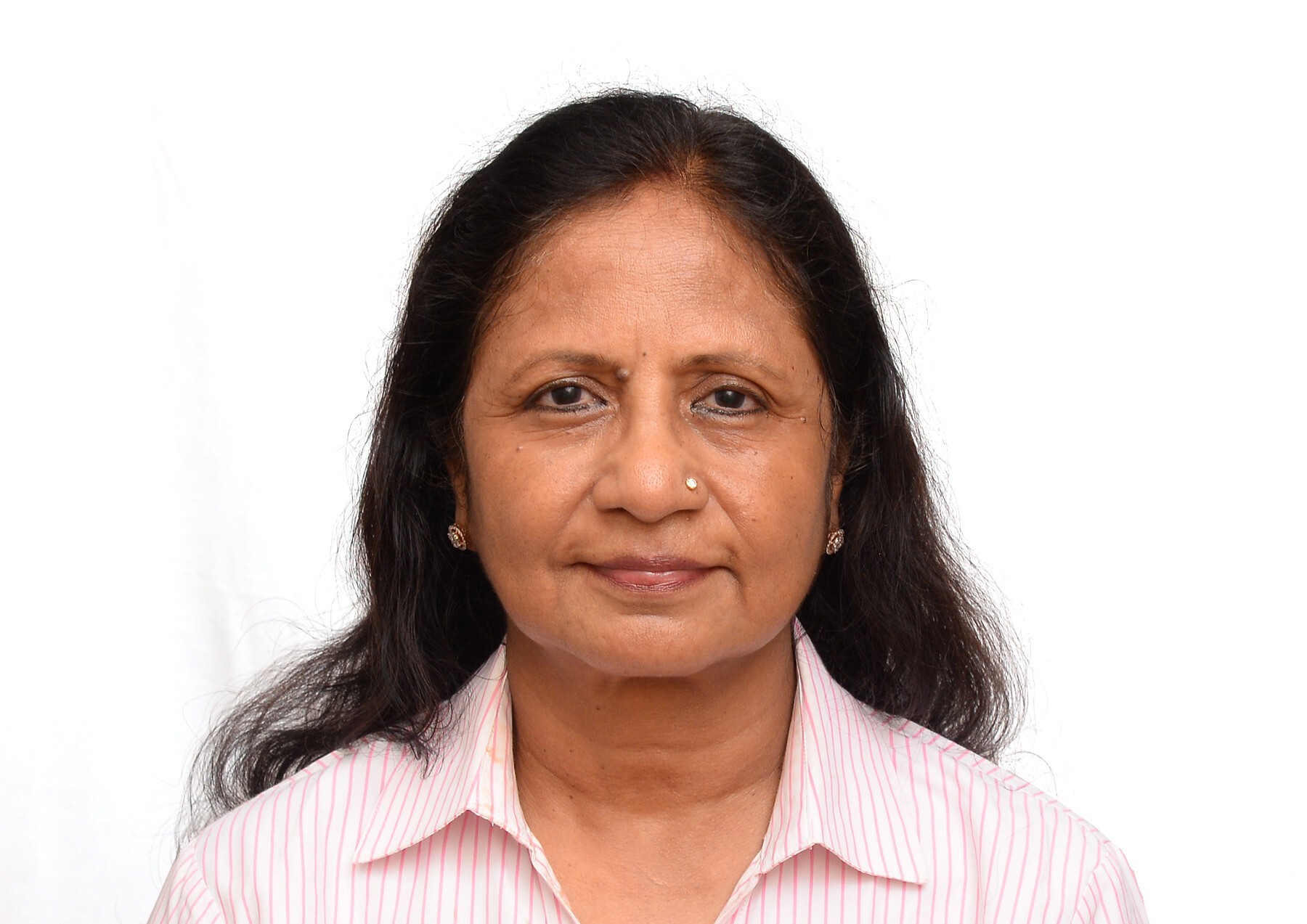
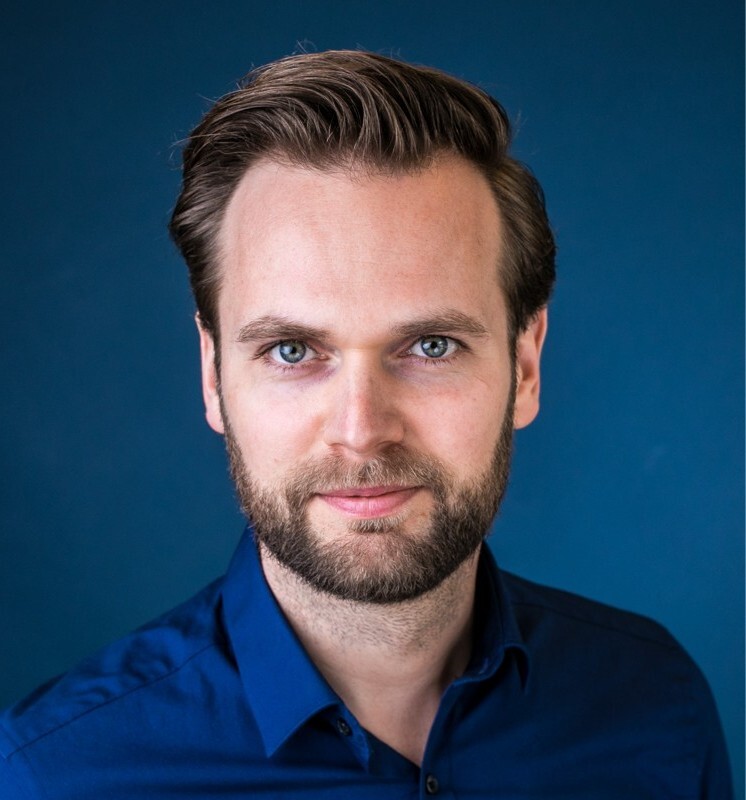
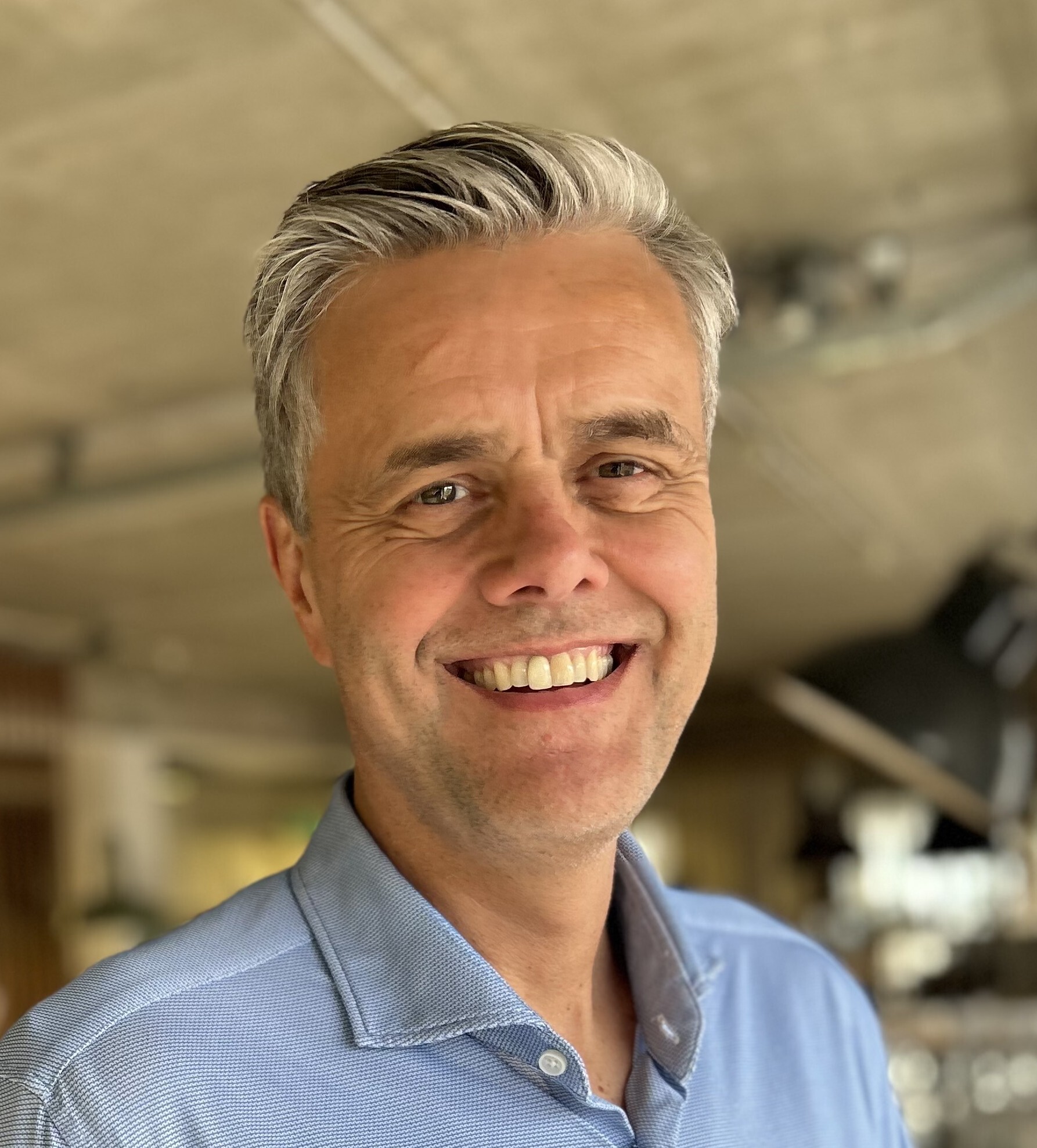

Check Out The Excel Blog
Just Love Learning and Want Something Good to Read?
-1.png?width=668&height=376&name=Copy%20of%20Dark%20Grey%20Minimalist%20Photo%20Travel%20YouTube%20Thumbnail%20(3)-1.png)
How To Build An L&D Strategy That Aligns With Business Goals In 2026
Learn how to build an L&D strategy that aligns with business goals, improves performance, with actionable insights and a practical framework.
More Info
The Real Reason You’re Not Making Progress (It’s Not Laziness)
Discover why you're not making progress and how to break free from limiting beliefs to achieve lasting personal growth. Learn actionable steps to ...
More InfoBig Ideas. Straight to You.
Join our mailing list for learning content that challenges, informs and inspires.
You may unsubscribe from these communications at any time. For more information on how to unsubscribe see our Privacy Policy. By clicking submit below, you consent to allow Excel Communications to store and process the personal information submitted above to provide you the content requested.

